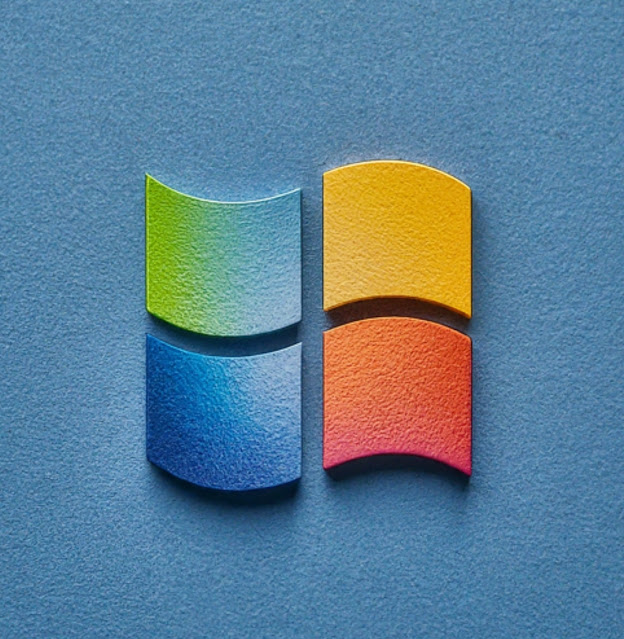Not a fan of ads in your Start menu? Microsoft is testing app recommendations in Windows 11. Here's how to disable them and protect your privacy.
 |
| A closer look at Microsoft's test of ad-like recommendations in the Windows 11 Start menu. Balancing user experience with app discovery and potential privacy issues. |
Microsoft is wading into controversial territory with its latest test feature in Windows 11. The company is now experimenting with displaying ads disguised as "recommendations" within the Start menu. These recommendations appear alongside frequently used apps and promote third-party applications from the Microsoft Store.
While Microsoft maintains these are not traditional paid advertisements, the company does earn a profit from app sales through the Microsoft Store. This profit-sharing model makes the recommendations a form of advertising nonetheless.
The test is currently limited to a select group of users within the Windows Insider Beta Channel in the U.S. Thankfully, users have the option to opt out of seeing these recommendations entirely. This can be done through Settings > Personalization > Start by toggling off "Show recommendations for tips, app promotions, and more."
The move has unsurprisingly generated mixed reactions from users. Some have expressed frustration with what they perceive as a cluttered and ad-infested Windows experience. This sentiment is understandable, particularly for users who value a clean and functional user interface.
Privacy Concerns and Potential Impact
Beyond the aesthetic concerns, some users are wary of the potential privacy implications. While Microsoft assures users that these recommendations aren't based on individual user data, the very concept of displaying targeted promotions within the Start menu raises eyebrows. This could be a stepping stone towards more intrusive forms of advertising in the future, leading to a less user-friendly Windows experience.
The impact on user experience is another point of contention. The addition of these recommendations could make the Start menu feel cluttered and hinder its functionality as a quick access point for frequently used applications. This could be especially disruptive for users who rely on the Start menu for efficient navigation.
Potential Benefits and The Road Ahead
However, it's not all negative. There's a possibility that these recommendations could prove beneficial to some users. By surfacing apps that users might not have otherwise discovered, they could expose users to new and useful tools.
It's important to remember that this is still a test program, and Microsoft is likely gauging user reception before deciding on a wider rollout. User feedback will undoubtedly play a significant role in determining the future of these ad-like recommendations in the Windows 11 Start menu.
Looking back, Microsoft has a history of introducing ads into Windows, with past instances appearing in the File Explorer, lock screen, and even bundled with certain apps. These attempts have often been met with user backlash, forcing Microsoft to either remove the ads entirely or provide users with ways to disable them.
Whether Microsoft will take the same approach with these Start menu recommendations remains to be seen. One thing is certain: the company's decision to test this feature has reignited the debate about advertising within the Windows user experience.